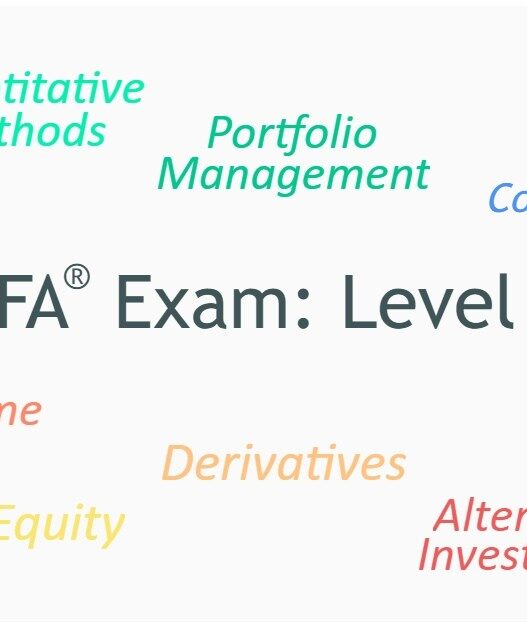What’s New for the CFA Exam?
In response to evolving industry demands and feedback from candidates, the CFA Institute has introduced several updates to the CFA exam starting in 2024. These changes are aimed at making the exam more relevant to modern finance professionals and improving the overall candidate experience.
Key Changes in the 2024 CFA Exam
- Introduction of Practical Skills Modules: Beginning in 2024, CFA candidates will be required to complete practical skills modules that focus on real-world applications, such as financial modeling and data analysis. This shift emphasizes the need for hands-on skills in addition to theoretical knowledge.
- Updated Curriculum Content: The CFA curriculum has been adjusted to better reflect the latest trends in the finance industry. Key areas of focus include increased coverage of fintech, artificial intelligence, and ESG (Environmental, Social, and Governance) factors in investment decision-making.
- Shorter Exam Time: The exam duration will be reduced by about 30 minutes across all three levels, with a focus on quality over quantity. The aim is to enhance the assessment of core knowledge while minimizing overly lengthy testing sessions.
- Improved Online Experience: As the CFA exams are now conducted online, the Institute has continued to refine the online exam interface, ensuring a smoother and more intuitive experience for candidates.
How Does This Affect Candidates?
- More Practical Skills: With the introduction of practical modules, candidates will need to balance their study time between theoretical content and hands-on financial analysis and modeling.
- Updated Content Areas: Candidates should be prepared for an increased emphasis on technological advances in finance, particularly topics like fintech, AI, and ESG, which are becoming essential in today’s financial landscape.
- Less Test Fatigue: The slight reduction in exam time may help reduce fatigue, allowing candidates to focus better and perform at their best during the exam.
What to Watch for in 2024
- Exam Registration Deadlines: With these changes, candidates should be mindful of registration deadlines and review the updated curriculum early to ensure they’re prepared for the new content and format.
- Practical Module Preparation: Candidates should consider seeking additional resources or courses to build their skills in financial modeling and data analysis, which are crucial for the new practical skills assessments.















